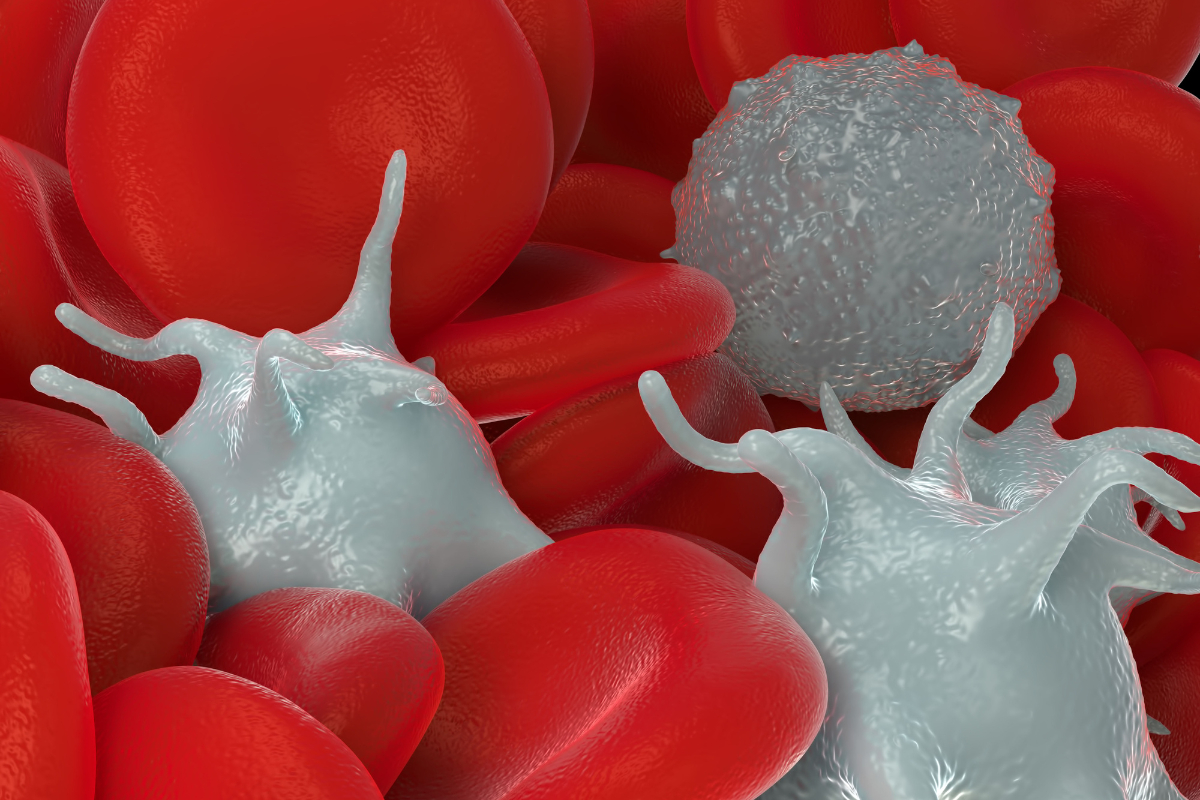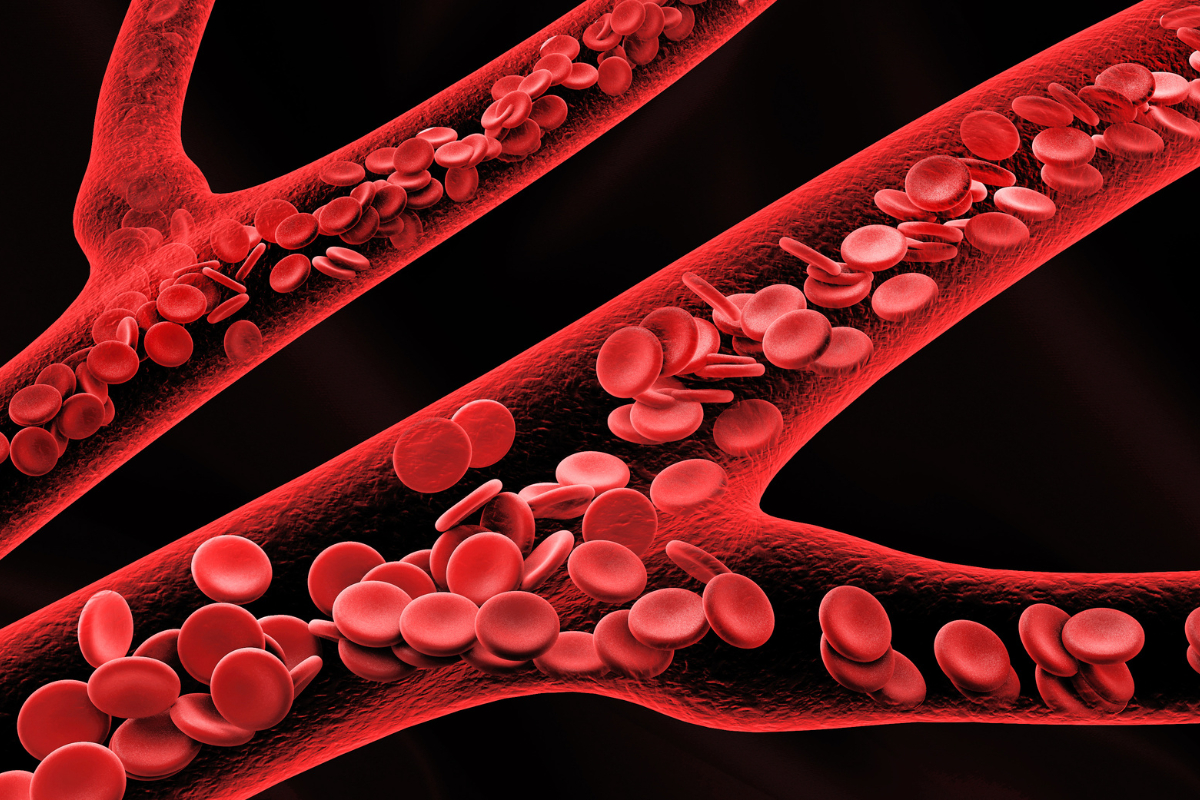CRISPR finds faults in previous researches
Apr 11, 2017
Jason Sheltzer, a cancer biologist at Cold Spring Harbor Laboratory in New York, was on the hunt for genes involved in tumour growth. He and his colleagues planned to disable the MELK gene using the popular gene-editing tool CRISPR–Cas9, then look for changes that reduced the rate at which cancer cells multiply. There were multiple research findings that suggest involvement of MELK gene in cancer-cell proliferation, however, disabling the gene using CRISPR–Cas9 yielded no effect. With this result, Sheltzer and his team joined an expanding club of laboratories that have been forced to re-evaluate and repeat experiments, as the spread of CRISPR–Cas9 uncovers potential errors in data collected using older techniques. Conflicts have cropped up in other researches. In the model plant Arabidopsis thaliana, the use of CRISPR–Cas9 showed that a protein previously thought to mediate the effects of the plant hormone auxin does not have that function3. In fruit flies and human cells, large screening studies have turned up widespread discrepancies between results obtained using RNA interference (RNAi) — a technique that reduces gene expression — and those from genetic mutants. In the case of MELK, the CRISPR–Cas9 results are particularly concerning because they could undermine the scientific foundation for a clinical trial.
To know more, click CRISPR Research.
Downloads
Click Here To Get the Article in PDF
Recent Articles
- Noxxon’s NOX-A12 clinical trial; Exact Sciences buys PreventionGenetics; Nuvalent’s clinical trai...
- ASH 2022: Roche’s Polivy vs ADC Therapeutics’ Zynlonta, Antibody-Drug Conjugates (ADC) in R/R DLBCL
- DARZALEX FASPRO Quadruplet Regimen Demonstrates Striking Advancements in Treatment Outcomes for N...
- Antibody-Drug Conjugate: The Smart Biological Bomb
- FDA Approval to DePuy TELIGEN System; FDA Breakthrough Device Designation for the EndoStim System...
Downloads
Article in PDF
Recent Articles
- Cilta-cel Demonstrates Prolonged and Deep Responses across Advanced Treatment Lines, Signifying P...
- New Osteoporosis Drug promises to rebuild Bone
- TALVEY’s Versatility Shines: Key Insights from MonumenTAL-2 Study Illuminate Effective Stra...
- Liso-cel Shines in TRANSCEND FL: Impressive Complete Responses, Durable Overall Responses, and Ma...
- Cilta-Cel’s Prolonged Impact: Deep Responses and Safety Insights from Earlier Lines of Ther...




